H-1B visa fraud normalized in India: Indian-American diplomat
Siddiqui said, “Visa fraud is normalized in India,” estimating that 80–90 percent of the cases she reviewed involved forged documents, fabricated degrees, or unqualified applicants.
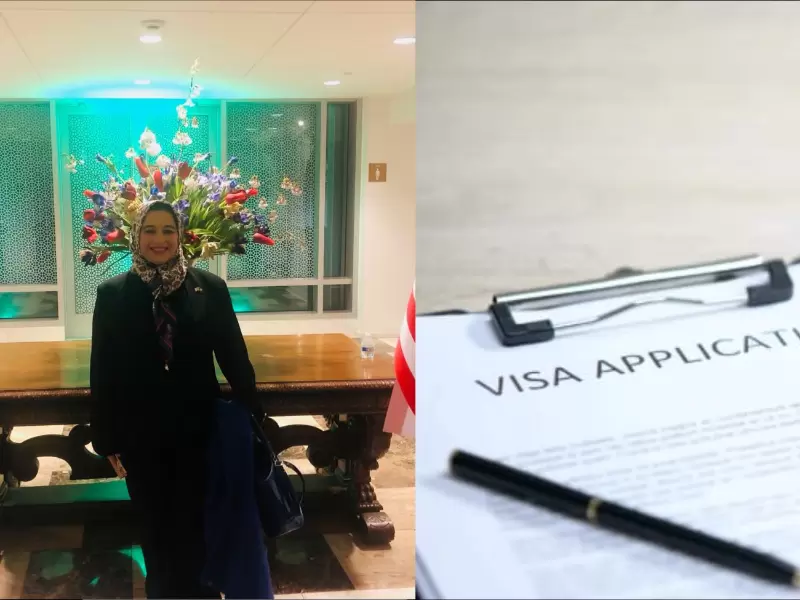 Indian-American Foreign Service officer Mahvash Siddiqui / Courtesy: @sciencediplomat via ‘X’
Indian-American Foreign Service officer Mahvash Siddiqui / Courtesy: @sciencediplomat via ‘X’
An Indian-American Foreign Service officer has alleged that systemic fraud in India has compromised the H-1B visa program for almost twenty years, asserting that the issue remains unresolved despite repeated escalation to Washington.
Speaking on Nov. 20 in a personal capacity on the Center for Immigration Studies’ “Parsing Immigration Policy” podcast in conversation with the host Jessica Vaughan, director of policy studies at the Center for Immigration Studies, Mahvash Siddiqui said she documented “industrialized fraud” while adjudicating more than 51,000 H-1B applications at the U.S. Consulate in Chennai between 2005 and 2007.
Also Read: Rising visa fees put immigrant doctors at risk, scholar warns
“Visa fraud is normalized in India,” said Siddiqui, who was part of a small task force to curb visa fraud at the embassy. She highlighted that 80–90 percent of the cases she reviewed involved forged documents, fabricated degrees, or unqualified applicants.
She cited proxy interviews, falsified certificates, and a document-forgery pipeline in Hyderabad’s Ameerpet district. On the U.S. side, she also described kickback systems in U.S.-based teams, which were usually Indian-heavy managers that directed jobs to specific candidates.
The Chennai consulate has remained a high-volume hub. In fiscal year 2024, it processed roughly 220,000 H-1B visas and 140,000 H-4 dependent visas, more than any other post worldwide.
Siddiqui said that efforts by her task force to run targeted anti-fraud checks were shut down after being labeled a “rogue operation,” due to political pressure from the top. “
It was so systemic. It was very hard for our little task force of, you know, 15 or so Foreign Service officers to basically speak truth to power.”
A new CIS report released alongside the interview, “‘Industrialized’ Fraud in the H-1B Visa Program,” argues that the abuses Siddiqui described remain pervasive. The report states, “The H-1B invasion threatens American jobs, security, and prosperity,” asserting that fraud enables outsourcing firms to replace U.S. STEM graduates with lower-wage foreign workers.
Siddiqui said the program no longer meets its original goal of addressing genuine skill shortages, adding that it “contributes to bypassing local talent” and calling the notion of a persistent American STEM shortage a “myth.”
“I'm from Southern California, and I've seen how these very smart students came out of the University of California system, a very robust STEM education, and yet they have been displaced by these IT workers from India,” she asserted.
As Congress and the incoming administration prepare to reassess H-1B rules amid tech-sector layoffs and rising unemployment among STEM graduates, Siddiqui’s account—nearly two decades after her Chennai posting—adds urgency to calls for major reform or a full structural overhaul of the program.
ADVERTISEMENT
ADVERTISEMENT
E Paper
Video



1759163132.png) Anushka Pathak
Anushka Pathak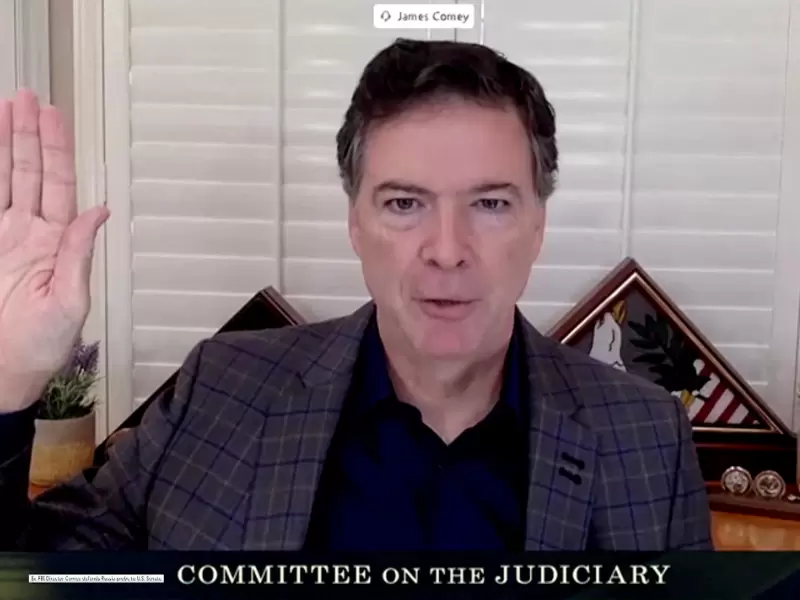
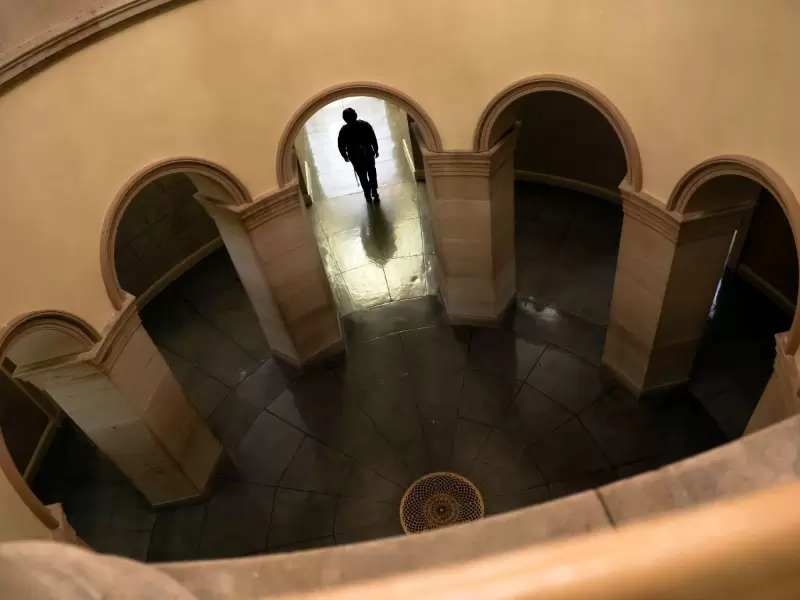
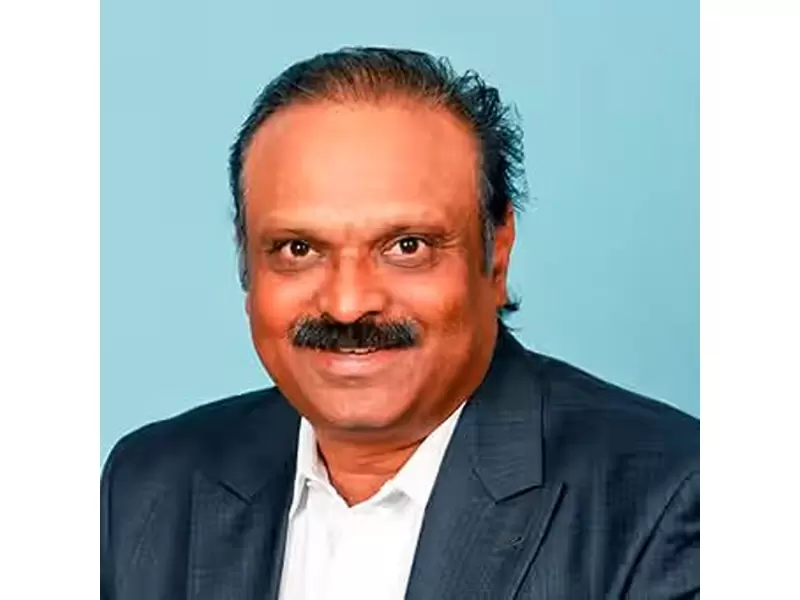
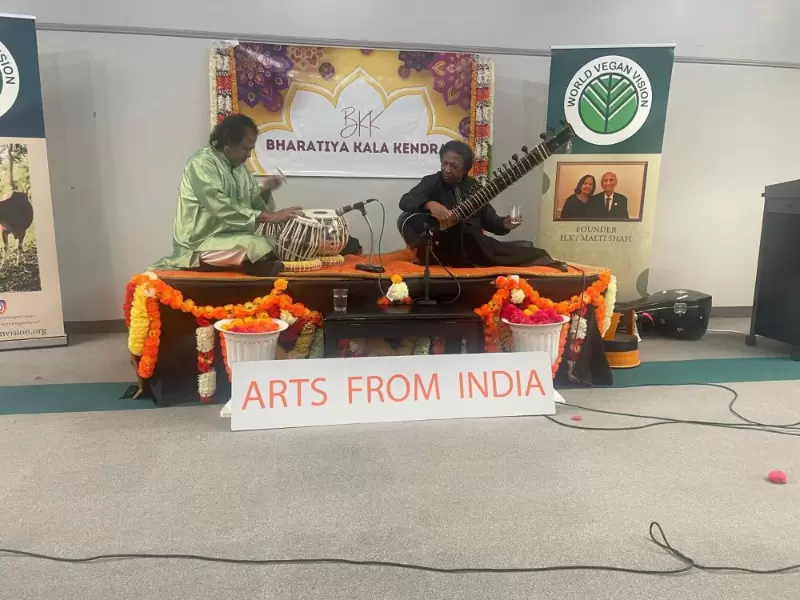

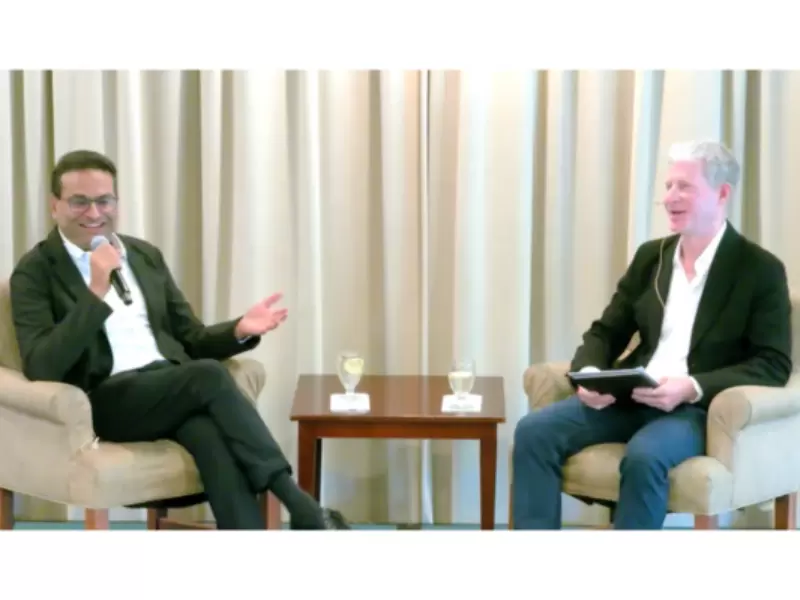
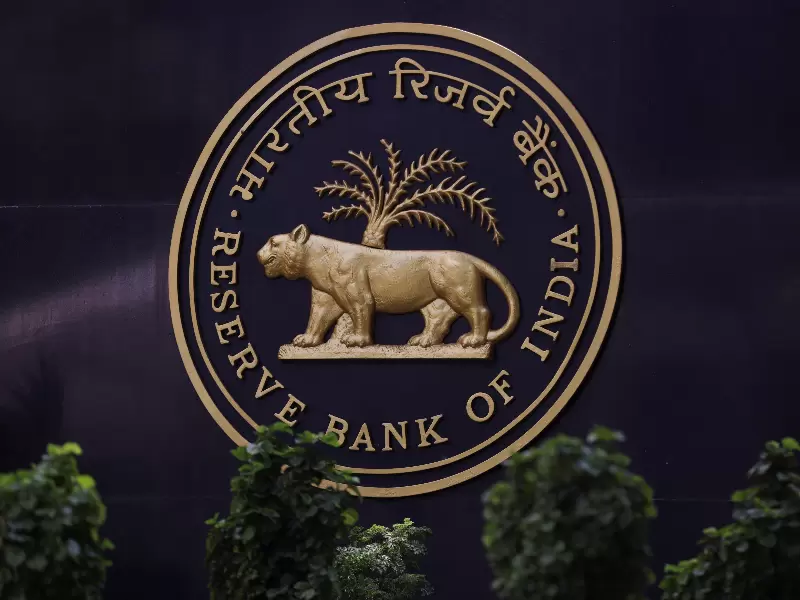
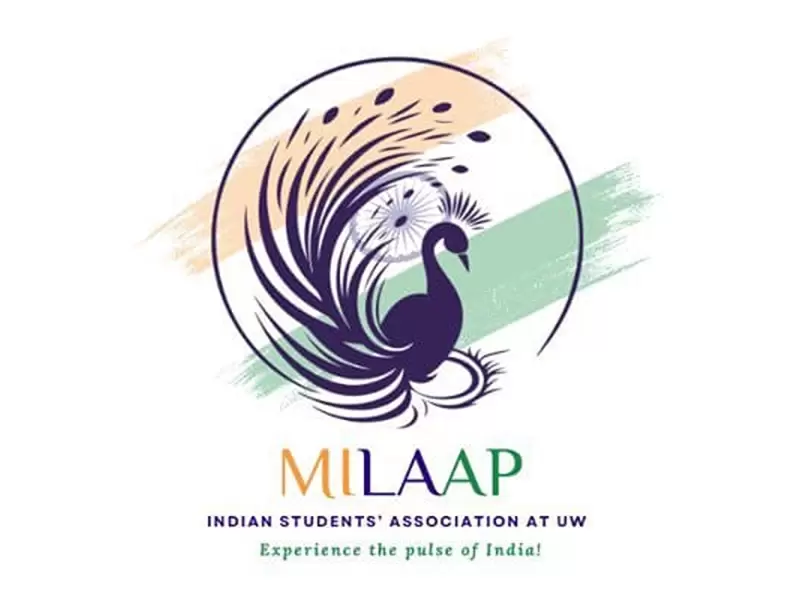
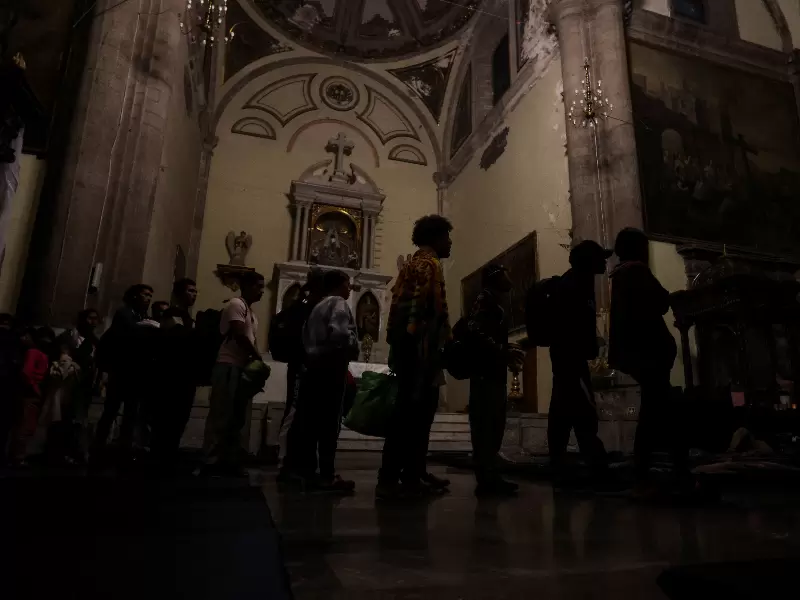

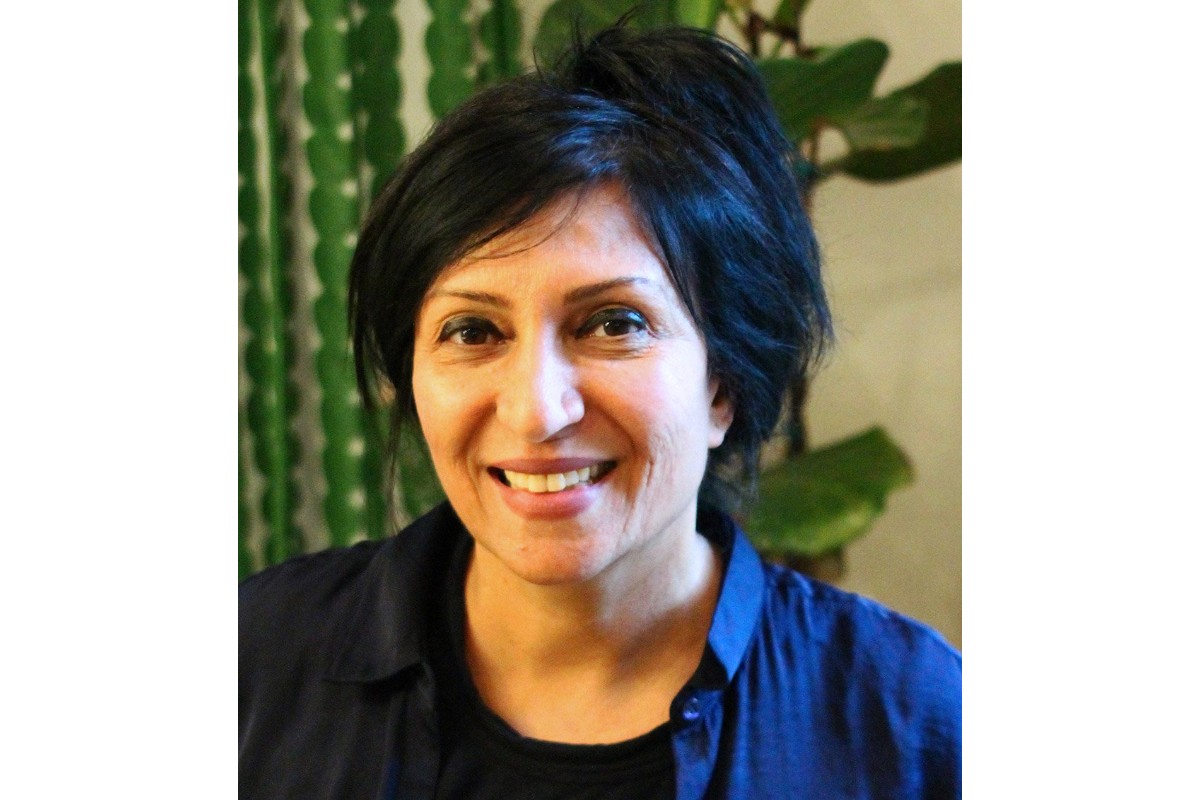

Comments
Start the conversation
Become a member of New India Abroad to start commenting.
Sign Up Now
Already have an account? Login